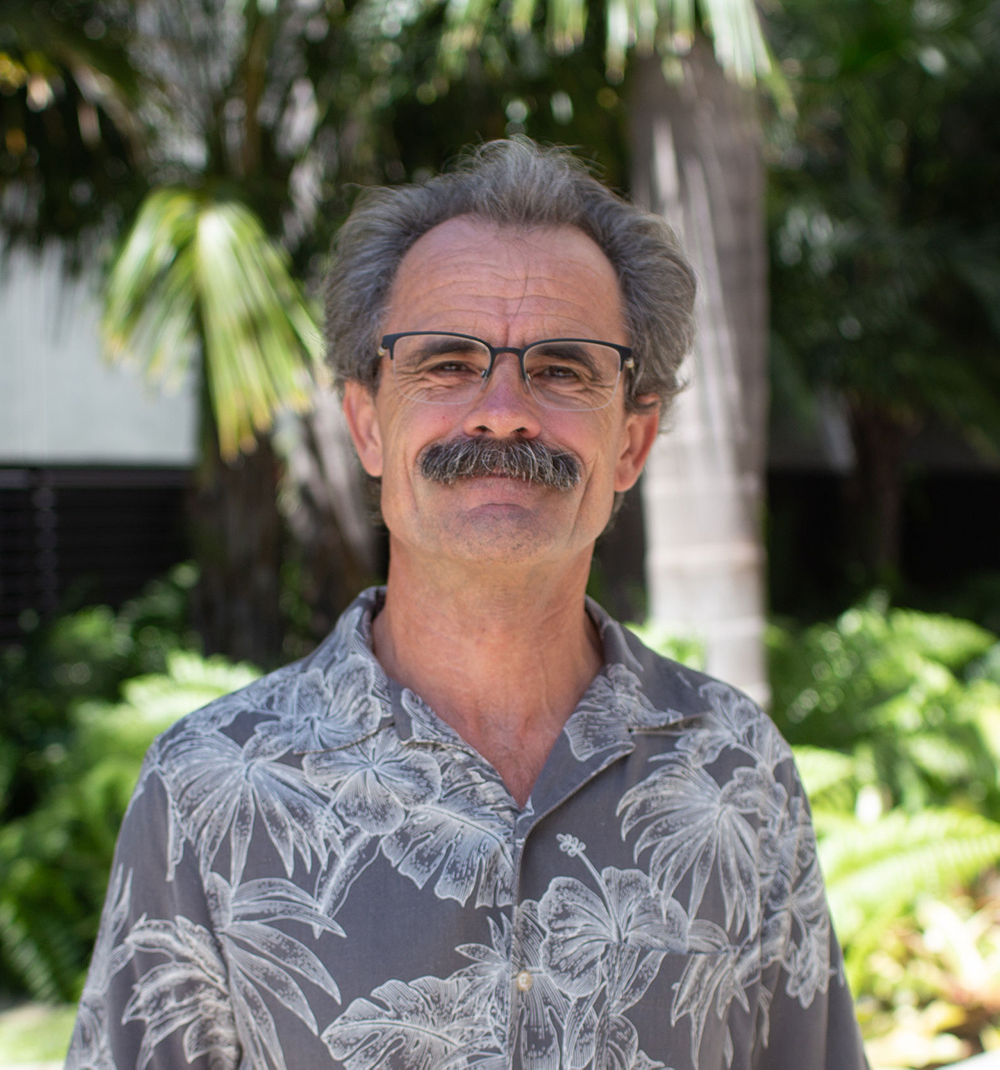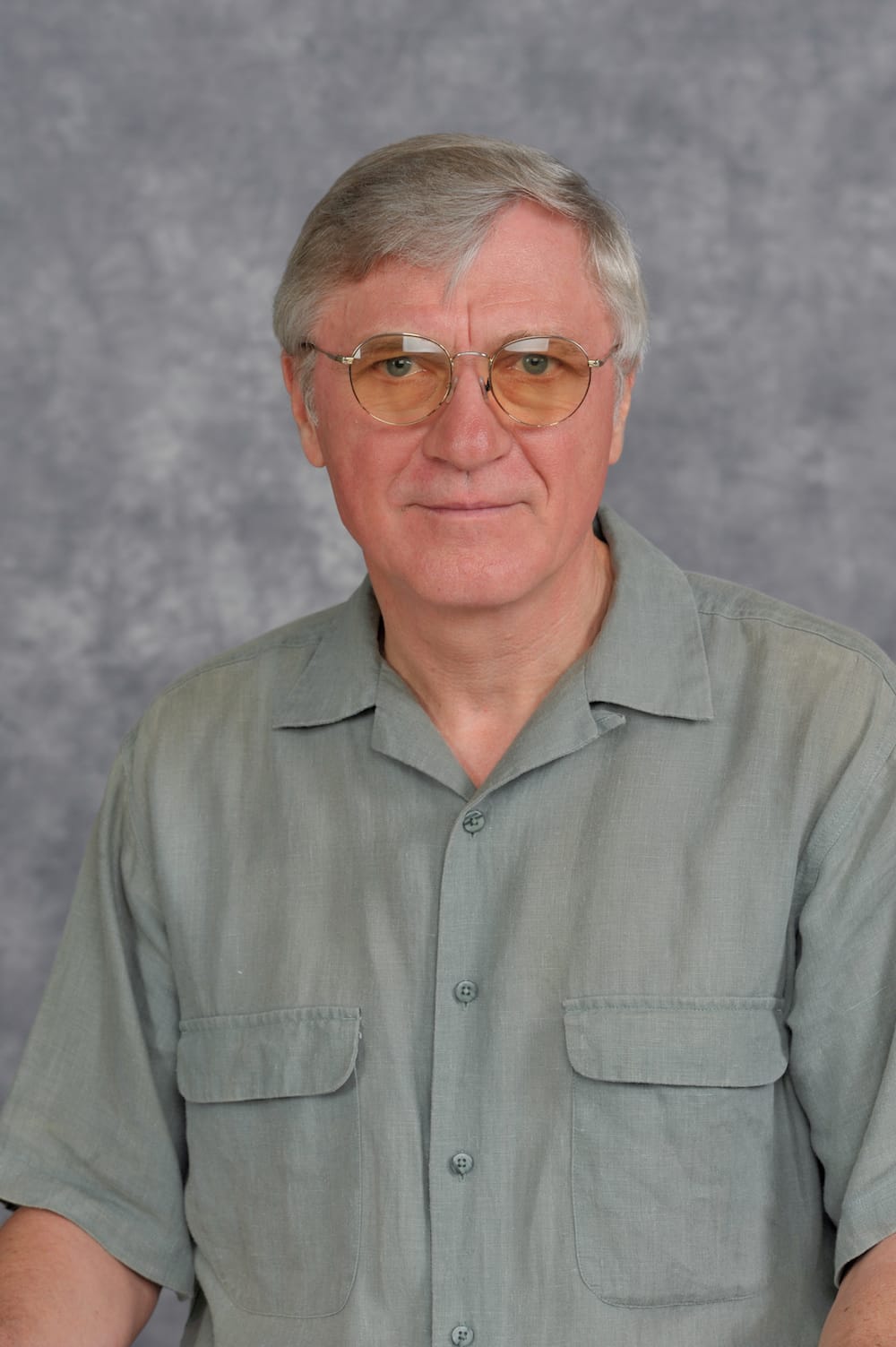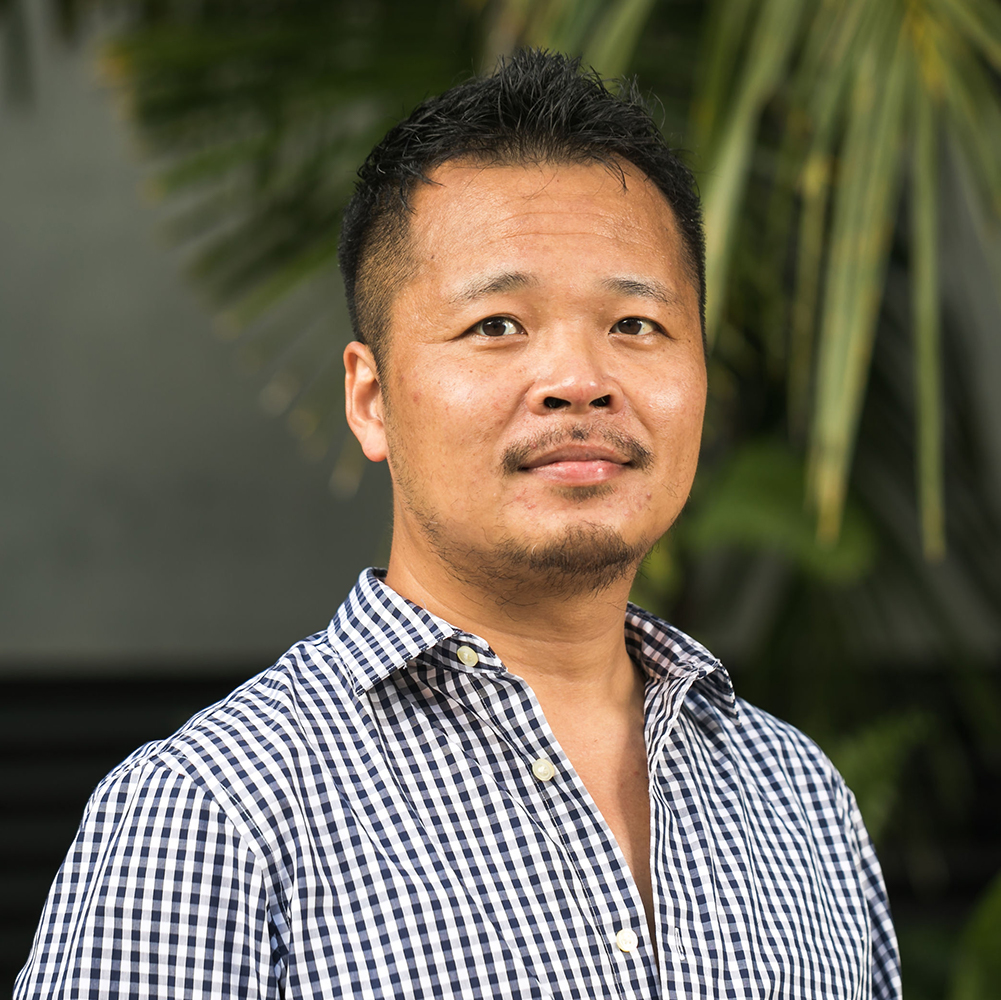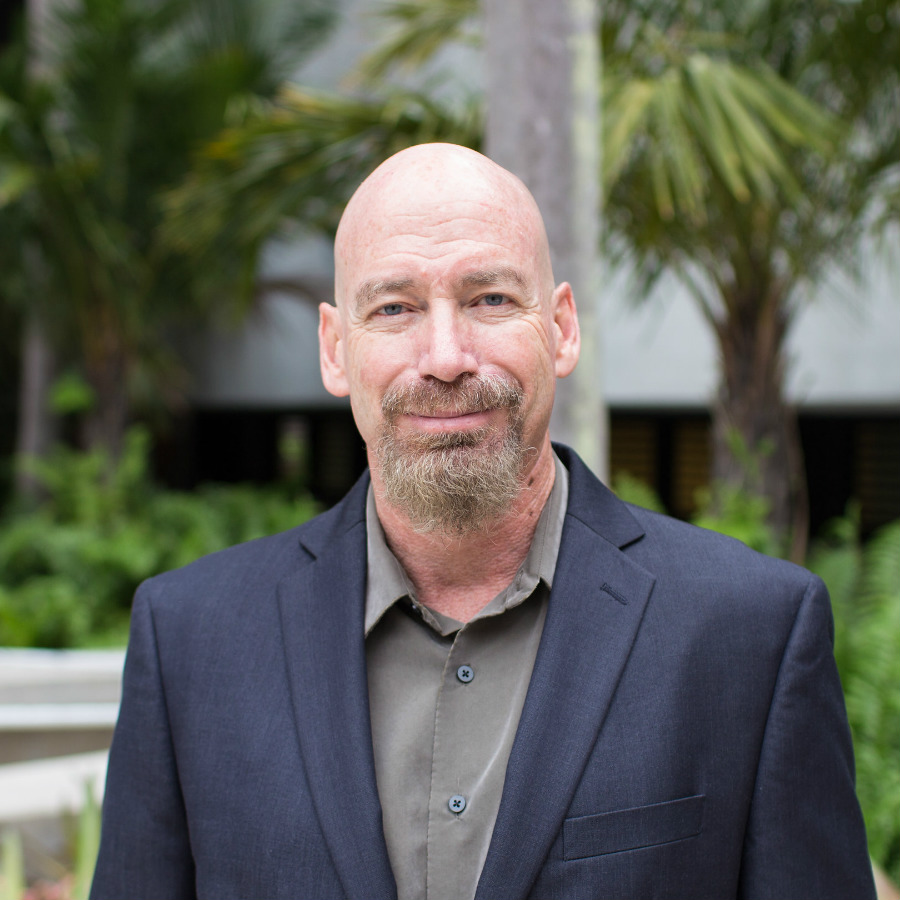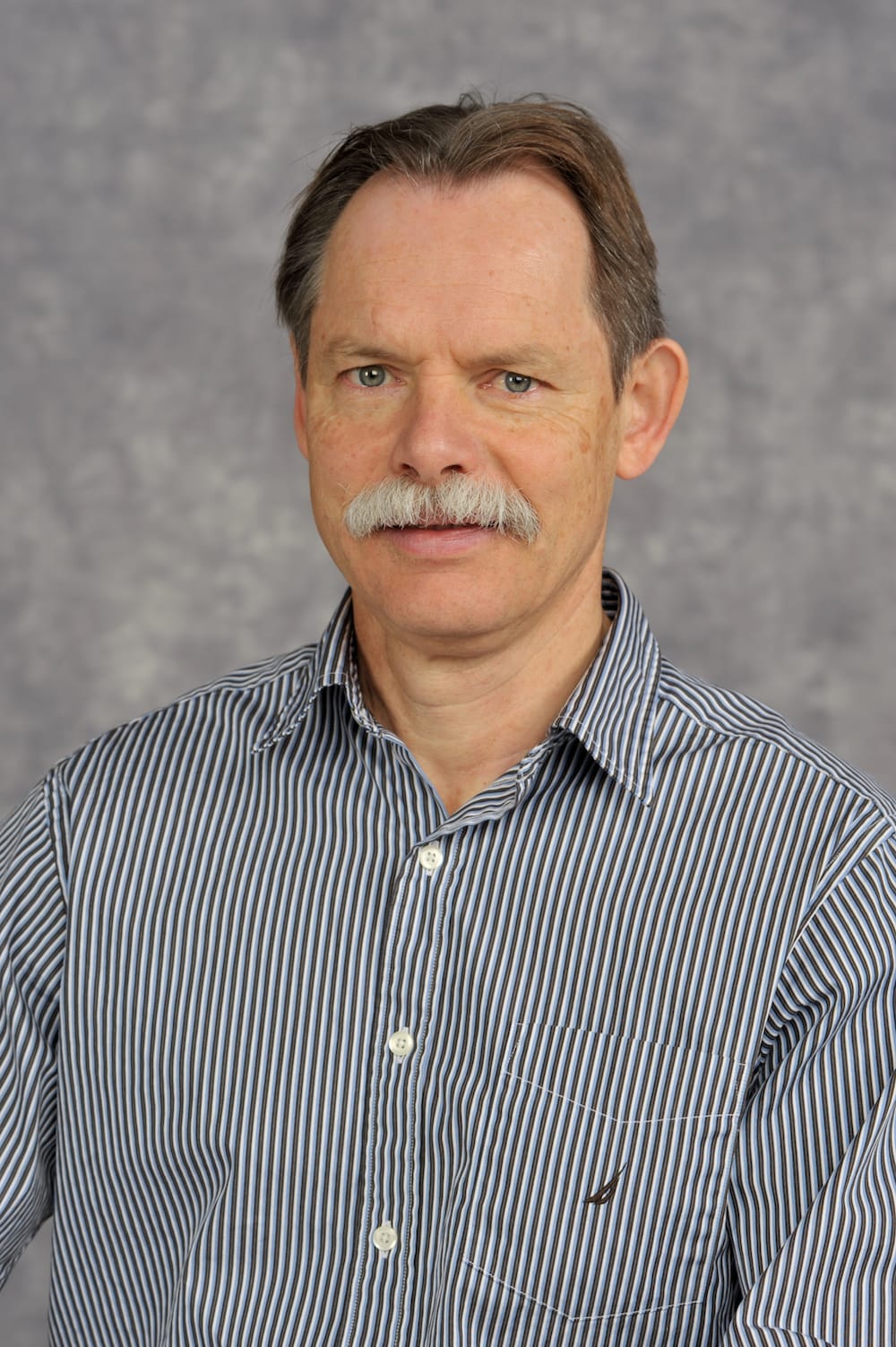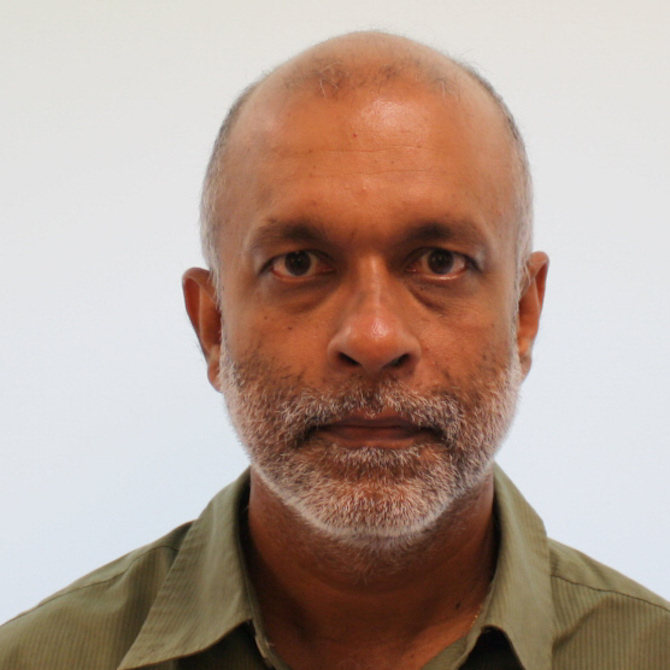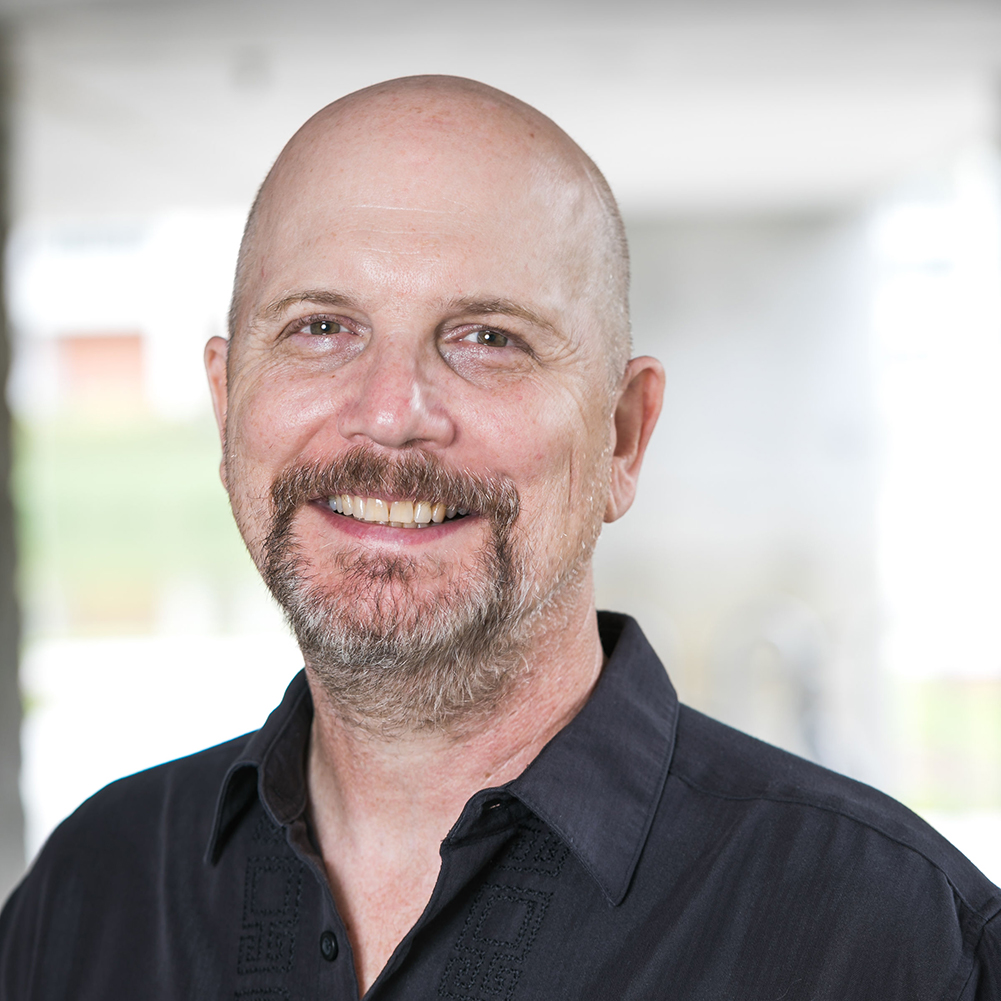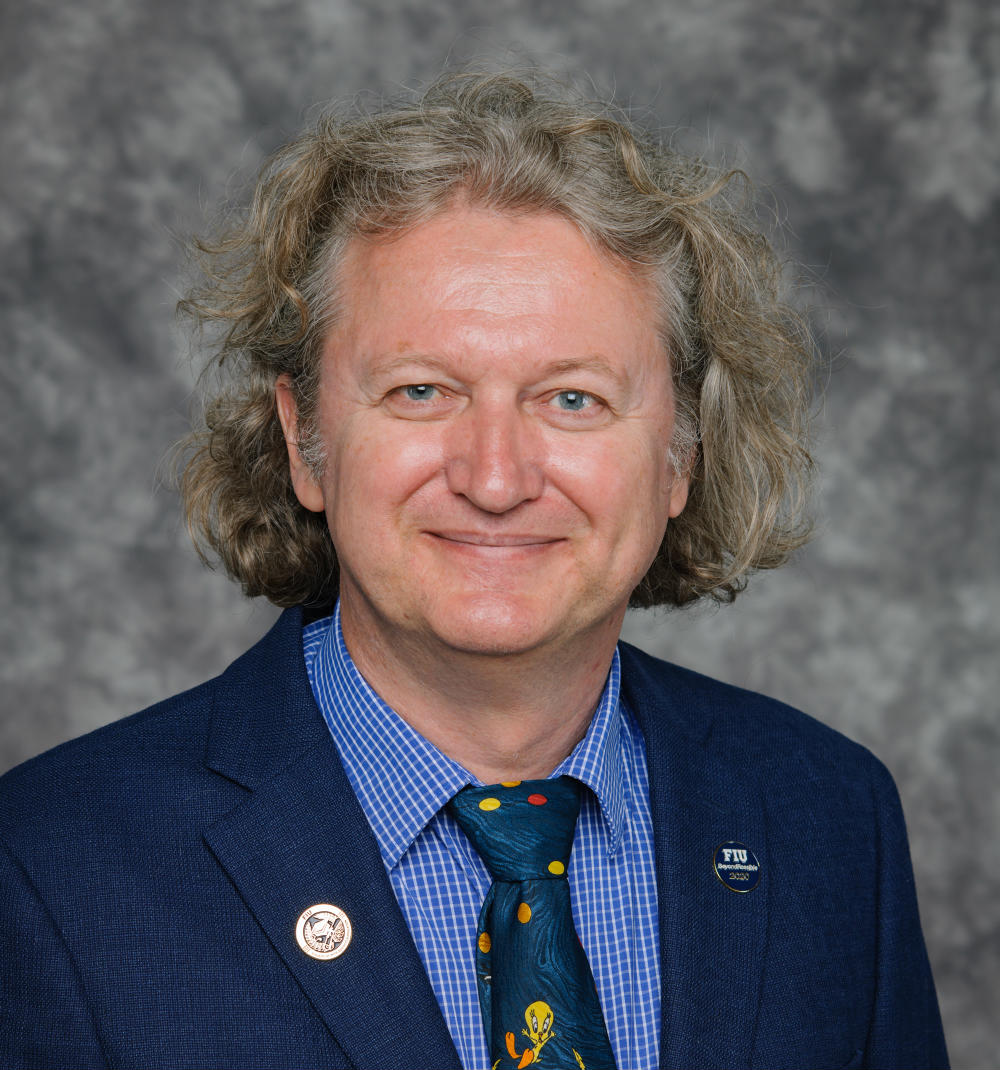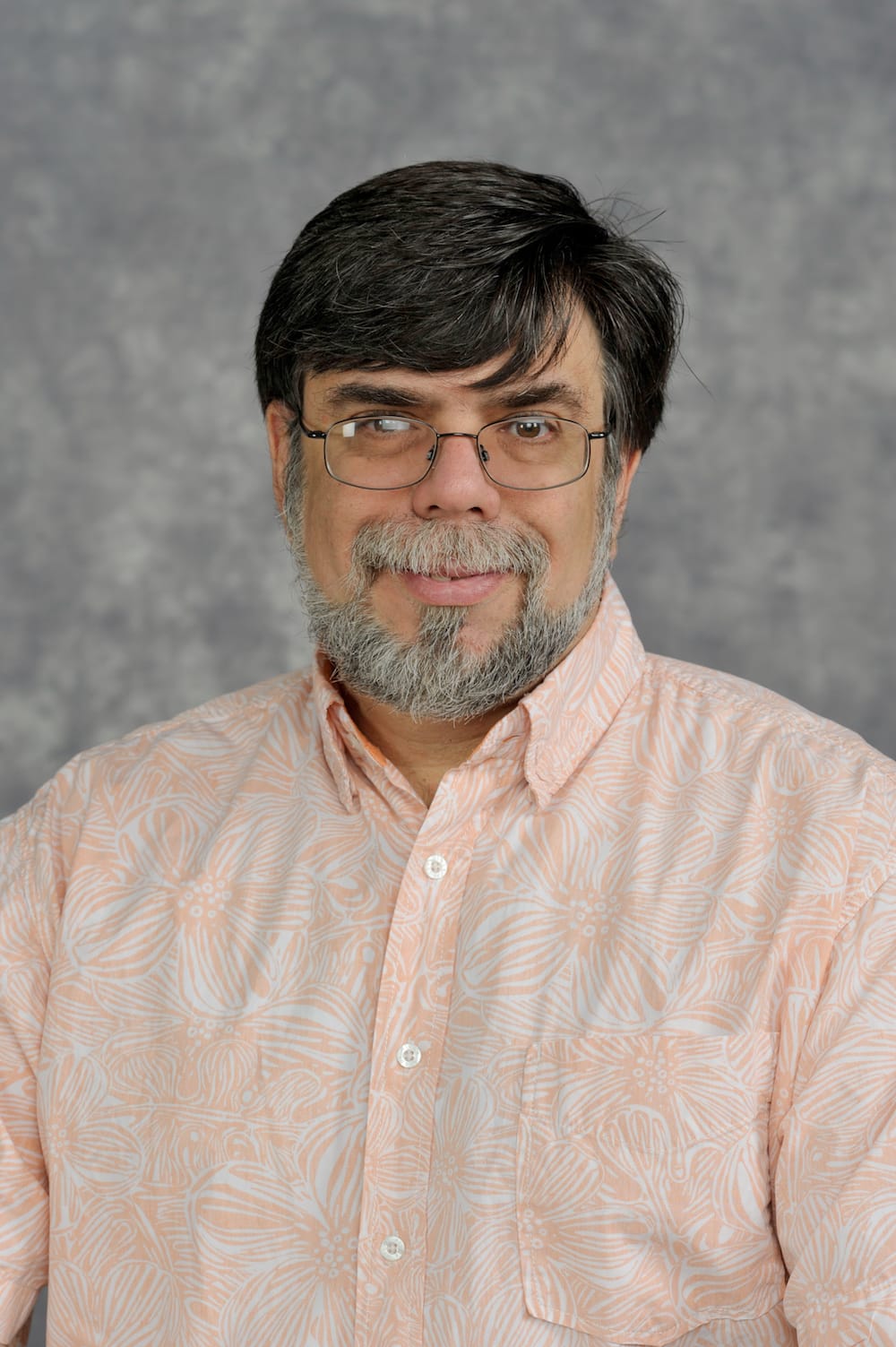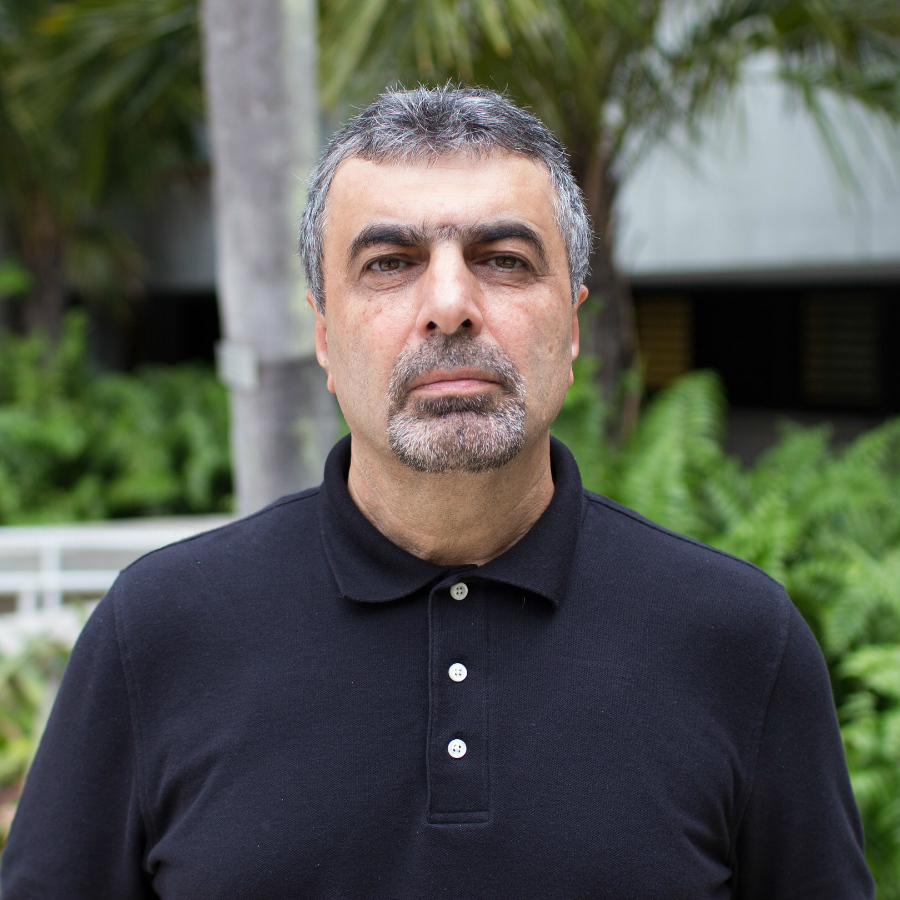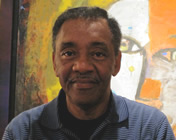Our research interests focus on outstanding questions in our understanding of electromagnetic phenomena of nucleons and
- Electroproduction of strangeness
- Meson electroproduction
Short range correlations- Meson exchange currents
- Internal structure of hadrons including elastic and inelastic form factors
- Hadron spectroscopy in photoproduction, including cascade physics, hyperon physics, and baryon-antibaryon physics
We conduct experiments at the Thomas Jefferson National Accelerator Facility (Jefferson Lab) in Newport News, Virginia. We serve as spokespeople on a number of experiments that use Jefferson Lab's electron and photon beams to study the internal structure of nuclei and nucleons.
Team
Werner U. Boeglin
Professor
305-348-1711
boeglinw@fiu.edu
CP 185, ASTRO 204, CP 251Wim Cosyn
Associate Professor
305-348-3090
wcosyn@fiu.edu
CP 234H. Rudolf Fiebig
Professor Emeritus
305-348-2605
fiebig@fiu.edu
CP 224Lei Guo
Professor
305-348-0234
leguo@fiu.edu
CP 212Pete E. Markowitz
Professor; Assistant Dean of the Honors College
305-348-1710
markowit@fiu.edu
CP 209Oren V Maxwell
Professor Emeritus
305-348-2510
maxwello@fiu.edu
CP 229, CP 230Stephan Mintz
Professor Emeritus
305-348-3088
mintz@fiu.edu
CP 227Rajamani S Narayanan
Professor; Faculty Advisor
305-348-1012
rajamani.narayanan@fiu.edu
ASTRO 204Brian A. Raue
Professor; Associate Dean of Graduate Studies
305-348-3958
baraue@fiu.edu
CASE 476Joerg Reinhold
Professor; Chair, Department of Physics
305-348-6422
reinhold@fiu.edu
CP 208Jorge L. Rodriguez
Associate Professor
305-348-0259
jrodrig@fiu.edu
CP 202Misak M. Sargsian
Professor
305-348-3954
sargsian@fiu.edu
CP 234Milton Slaughter
Visiting Professor
305-348-2605
milton.slaughter@fiu.edu
CP 204
Contact Us
Department of Physics
11200 SW 8th Street, CP 204
Miami, FL 33199
Tel: 305-348-2605
Fax: 305-348-6700
